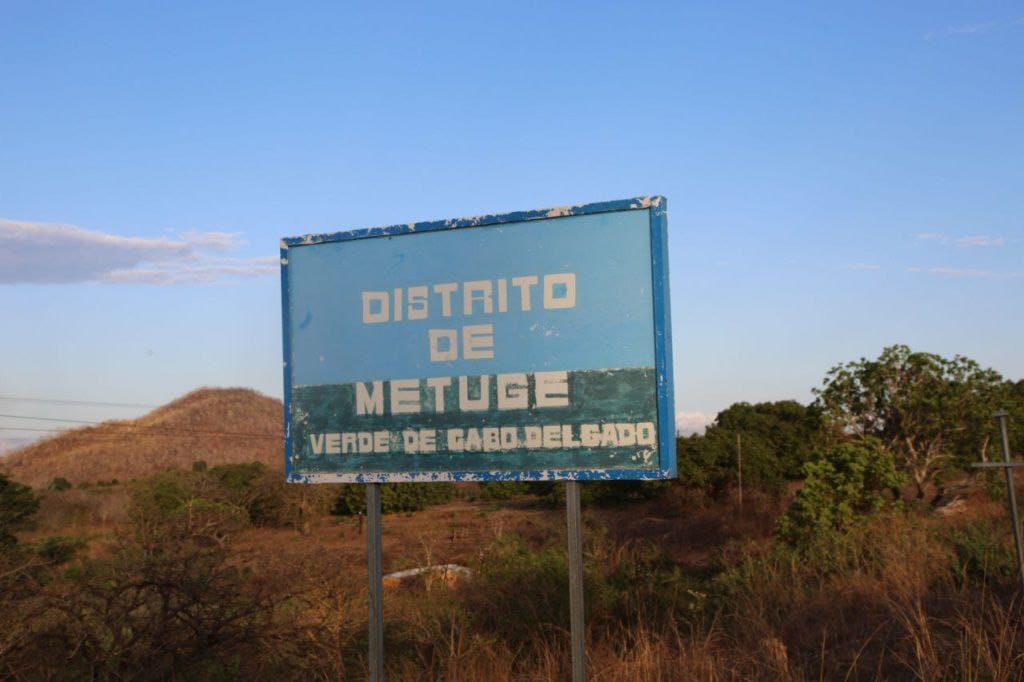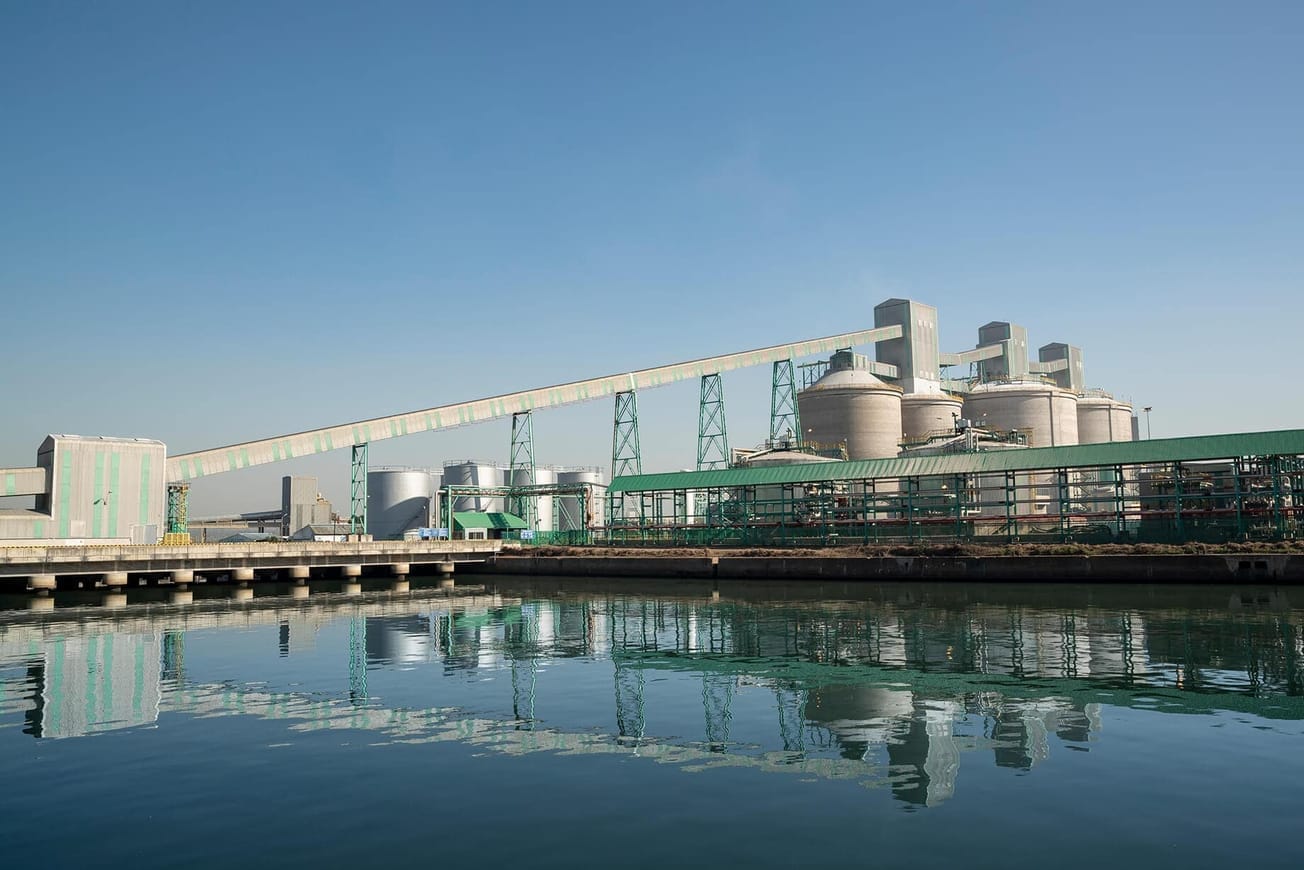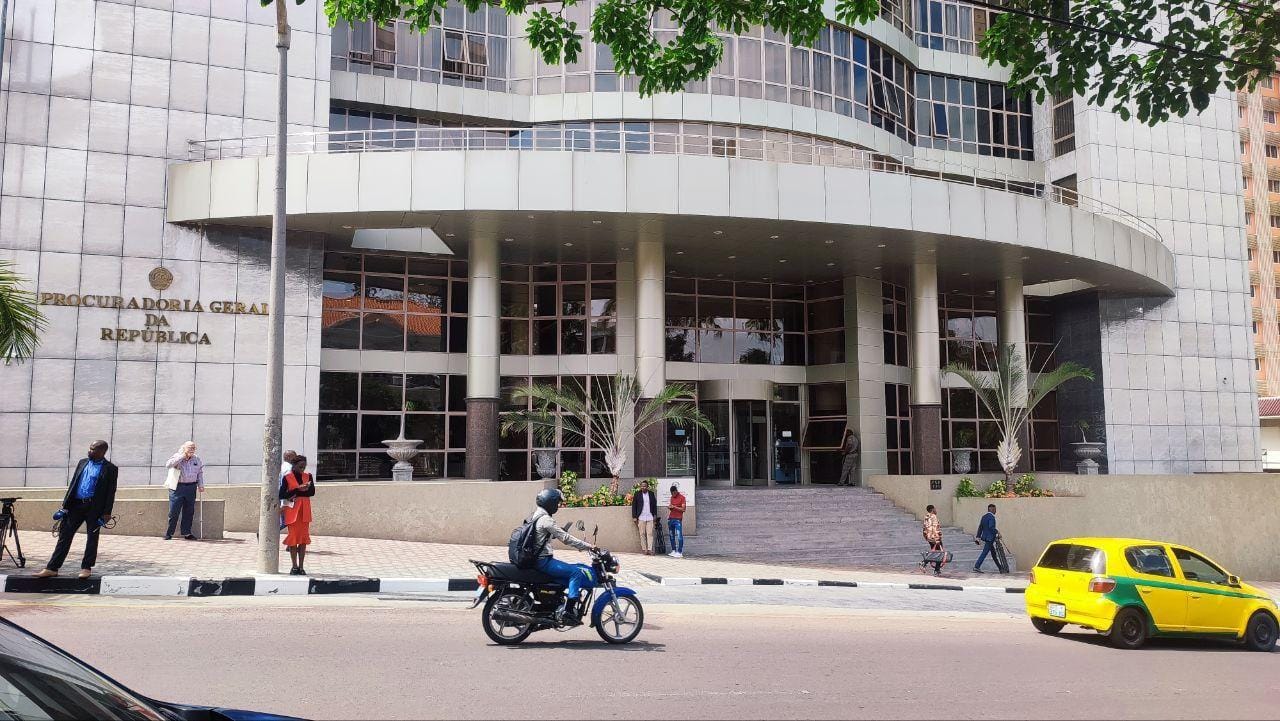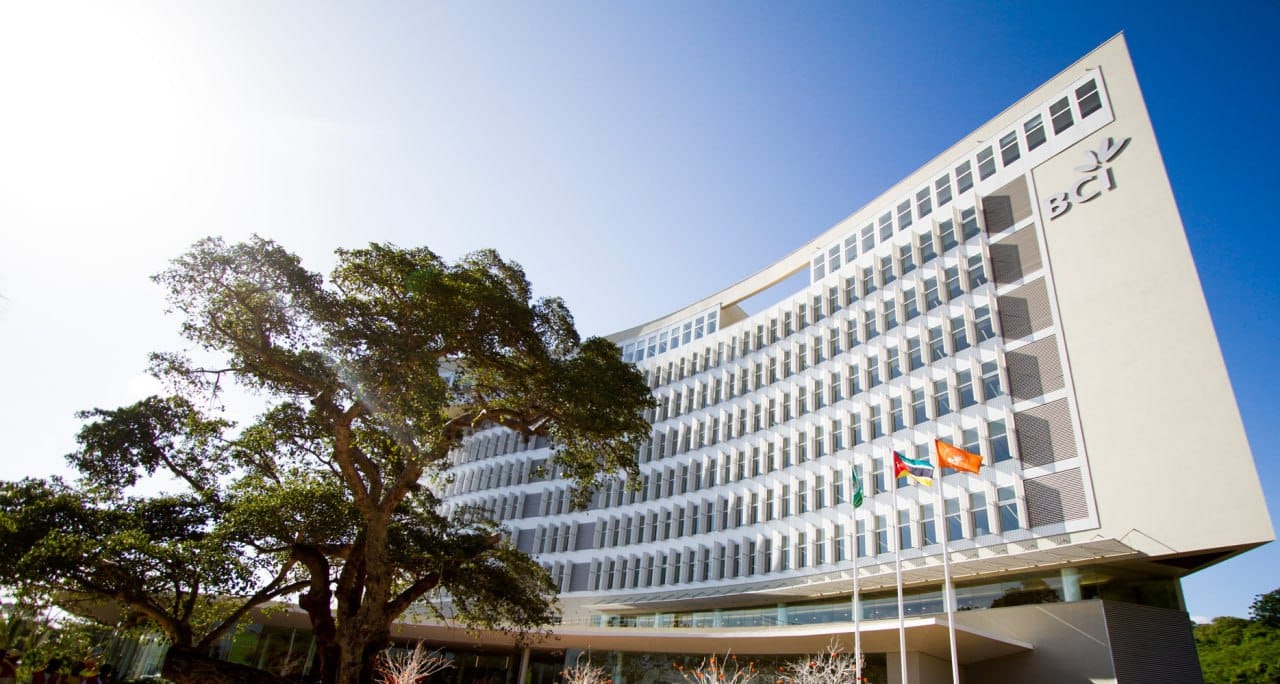Good afternoon. Negotiations on setting the minimum wages for this year began yesterday, after having been pushed back by five months (see below), but workers and trade unions should not get excited about the prospects for a pay rise. The mood among corporate managers speaking to Zitamar News is gloomy. There is little belief that the government knows how to revive the economy, after the decline in activity suffered late last year and early this year due to the violent protests sparked by the disputed election results. That, after all, was the reason why the wage talks did not take place in March as scheduled: many businesses were in ruins, some quite literally. As such, bosses seem unwilling to grant a more than symbolic pay rise this year.
The full Daily Briefing continues below for Pro subscribers. Subscribers to the Zitamar News tier can read the top half, including the full leader article, here.
On the other side, things also look gloomy. While minimum wages in some sectors of the economy, like extractives and banking, have been increasing above inflation recently, others have not kept pace with inflation: other factors also go into minimum wage calculations, like the economic performance of a sector. Even the official inflation measure, which includes things like cultural and leisure activities, underestimates the cost of living for people on low incomes, whose basket of essential goods and services is rather different. The result is that, in some sectors, a gap has opened up between the minimum wage and what a living wage would be, and that gap has been getting wider and wider. While it is true that most Mozambicans do not have formal jobs, minimum wages are still relevant to people on lower incomes, as they provide a benchmark (even if many employers in the informal sector actually pay less than the relevant minimum wage; in part that reflects the fact that informal workers do not pay tax or social security contributions).





